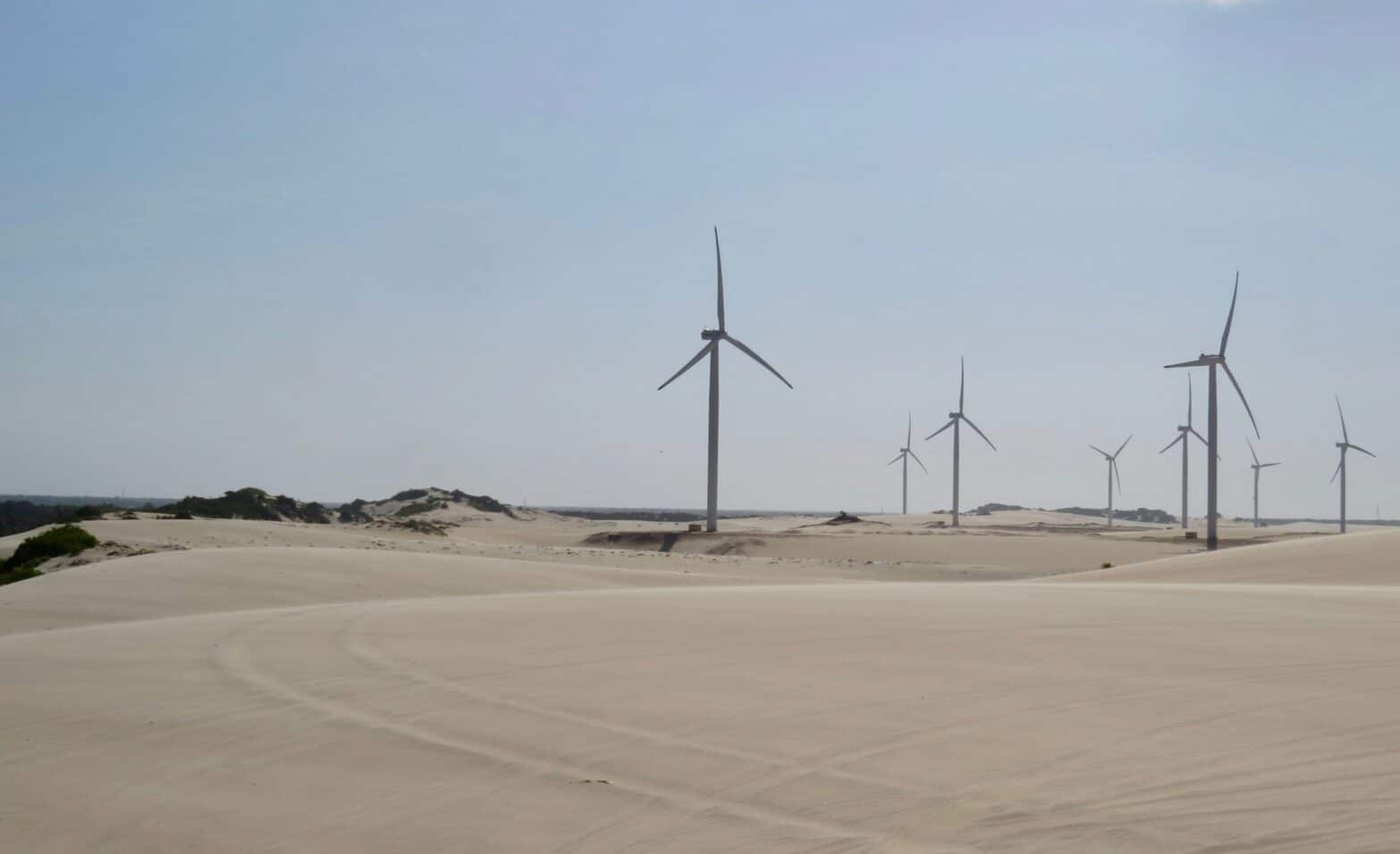The best papers of our Alumni from ‘Evolution of Electricity Markets in Europe’ 2023
During the 2023 edition of the course, participants were offered the possibility to apply the knowledge they acquired by working on a European real life case. Read the best papers!

Electricity Market Design after the crisis: wholesale reform?
Final paper by Michael Low, Constança Leite de Almeida, Ajeet Pratap Singh, Nino Maghradze
Abstract:
Since 2021, the EU has seen significant rises in energy prices, exacerbated by various factors. In response, the European Commission introduced emergency measures to mitigate the impact for consumers, but this has sparked a debate about whether a more comprehensive reform of the electricity market is needed. This paper assesses the Commission’s legislative proposal, finding that its main elements effectively build on the effective fundamentals of the European Electricity Target Model. Whilst improvements can still be made, there is not a need to abandon the marginally priced, unified electricity market as some have proposed. Instead, the paper sets out how the Commission’s reforms could be bolstered by more effective CfD design; increased harmonisation and interconnection across Europe; and a more participatory role for demand. The Commission’s proposal makes a useful start to a process of deeper reform that nonetheless retains the fundamentals of today’s market.
As a collaborative piece of work, not every point made in the paper is an agreed view of all contributors and the paper does not reflect the view of any of the contributors’ organisations.
Capacity Remuneration Mechanisms in EU Electricity Markets: A Critical Analysis and Future Directions
Final paper by Avidipto Biswas, Carlos Alberto Rojas Zanol, Kostiantyn Troitskyi, Ksenia Zahharenkova, Valerii Tsaplin
Abstract:
This article explores the implementation of Capacity Remuneration Mechanisms (CRMs) within the electricity markets of the European Union (EU), designed to address adequacy concerns among its Member States (MSs). The paper outlines the European Resource Adequacy Assessment employed for identifying potential adequacy issues at both the EU and MS levels. Additionally, it discusses the potential distortions introduced by CRMs in energy markets and the necessity for CRMs to align with the future requirements of Transmission and Distribution System Operators.
The authors argue that resource adequacy assessments and CRMs should integrate locational factors to effectively address specific scarcity challenges and optimize new capacity investments. Furthermore, the authors assert that CRMs should facilitate the participation of demand-response, prioritize flexibility solutions, and prevent the perpetuation of fossil fuel technologies beyond their essential contribution to adequacy.
Demand-Side Flexibility
Abstract:
This paper explores how Europe’s increasing use of Demand-Side Flexibility (DSF) can help balance its power grids, especially with the growth of intermittent renewable energy.
We identify the main barriers to scaling DSF: (1) market-based procurement of Decentralised Energy Resources (DER) is underdeveloped, (2) non-discriminatory participation of DER is still limited, (3) policy frameworks for innovative services lack and (4) there is only limited access to price signals for end-users.
This paper also proposes a set of no-regret solutions and policy measures that have the potential to unlock DSF, focusing on the usage of smart meters and access to their data, promoting fair market access, the role of system operators (SOs) and taxation including cost-reflective network tariffs.
Furthermore, this paper shares some thoughts on the draft Network Code from DSO Entity & ENTSO-E on demand response, underlining the importance of a cohesive European strategy.
Authors:
Max Laven, Amit Ranjan, Clara Desprez, Henri Guillaume, Daragh Noctor
About the Evolution of Electricity Markets in Europe online course
Don’t miss any update on this topic
Sign up for free and access the latest publications and insights















